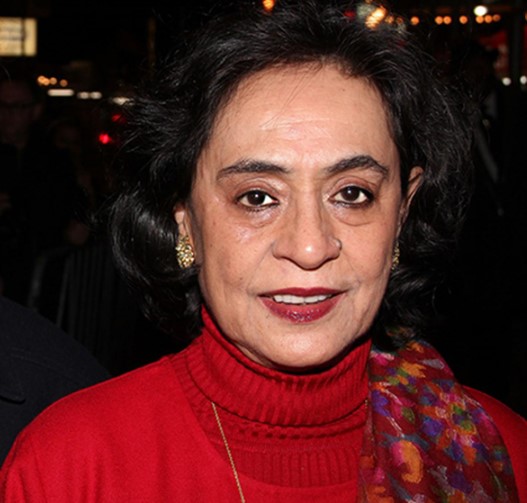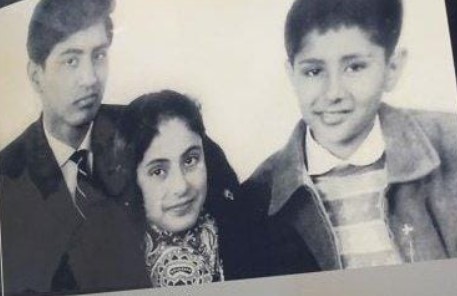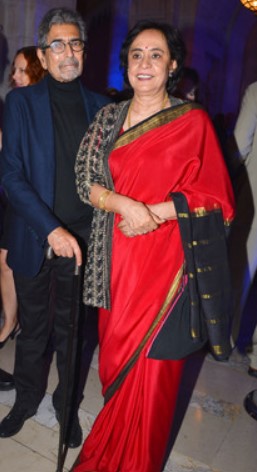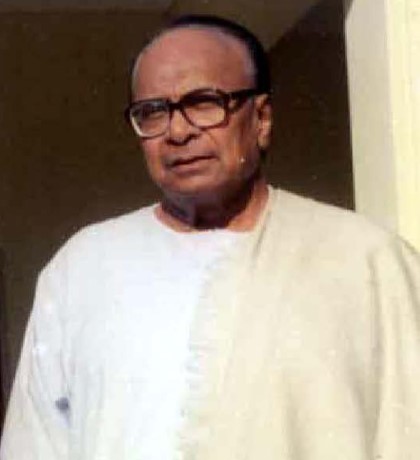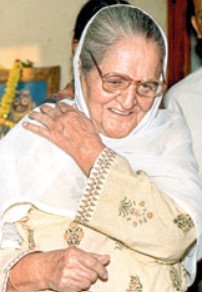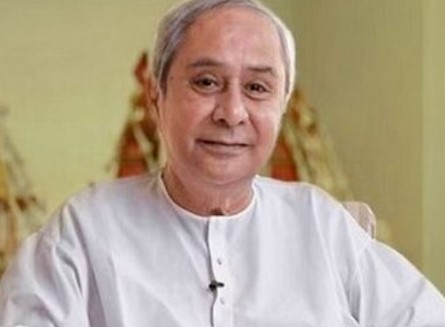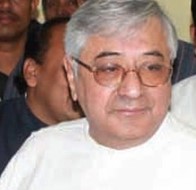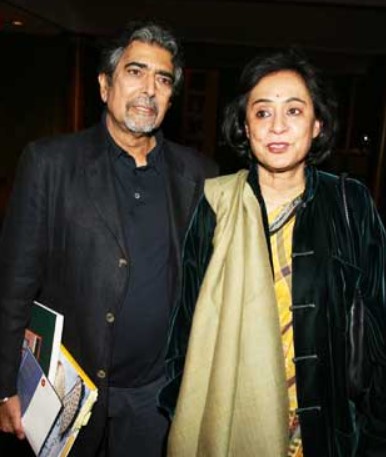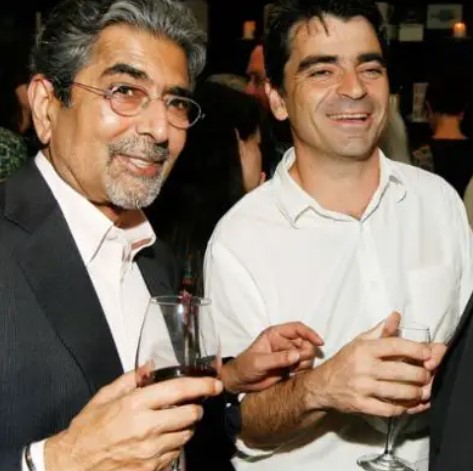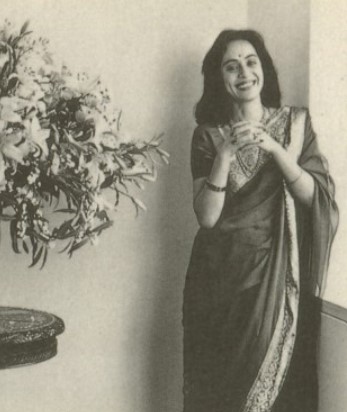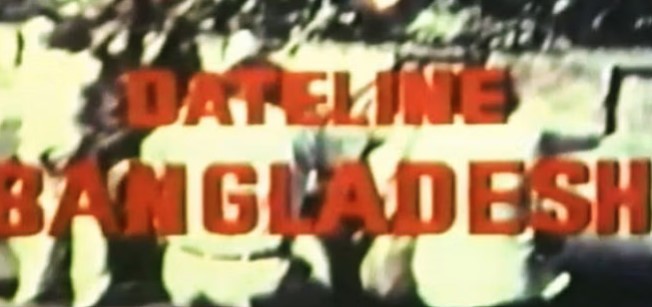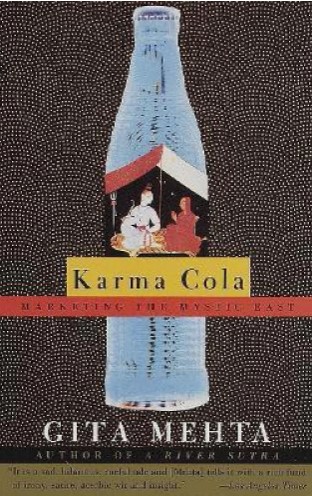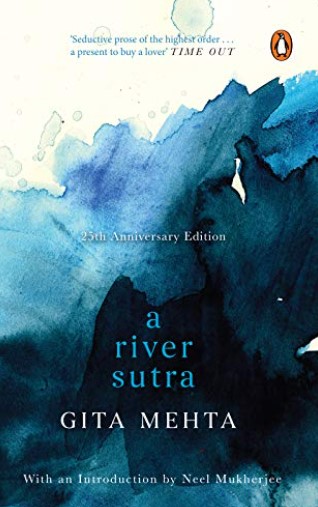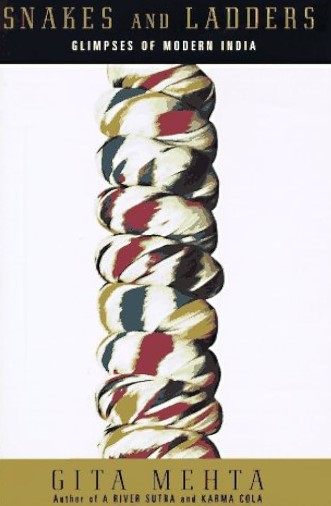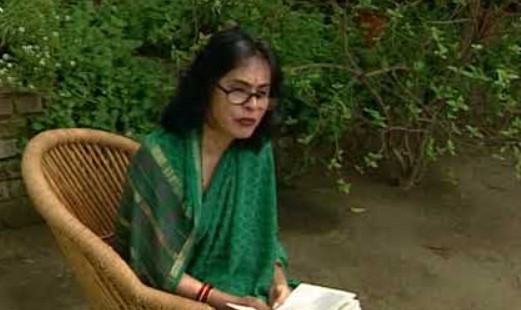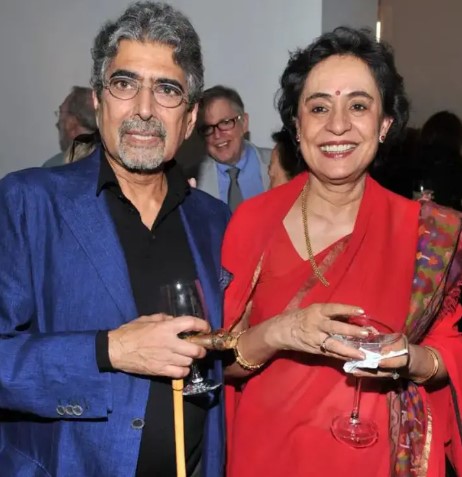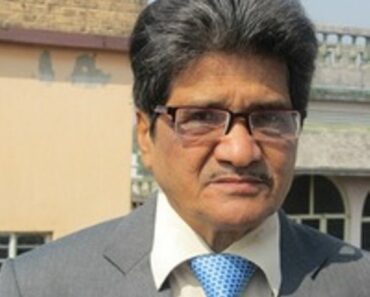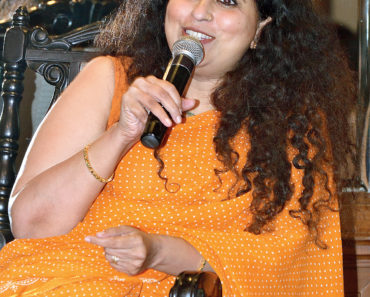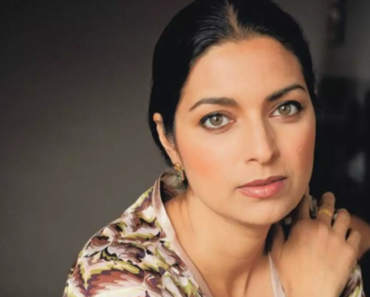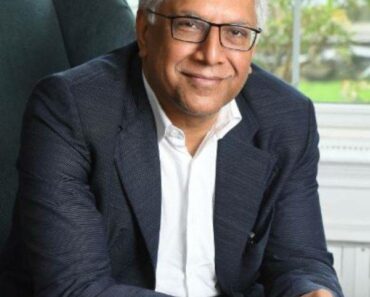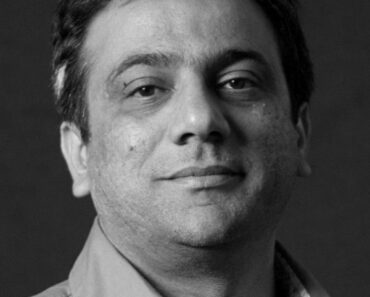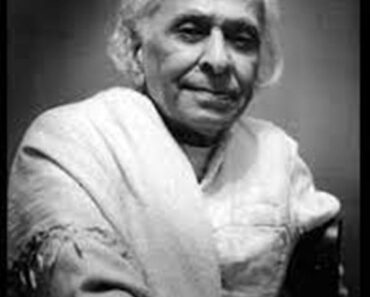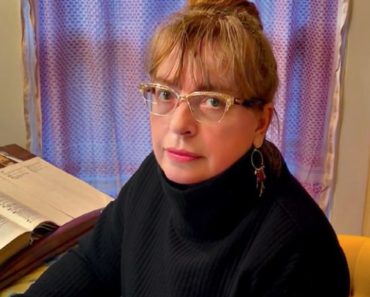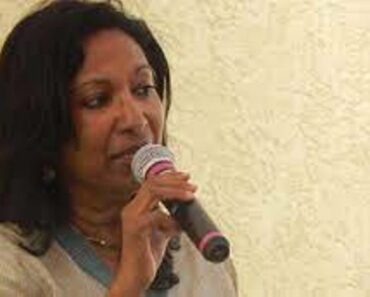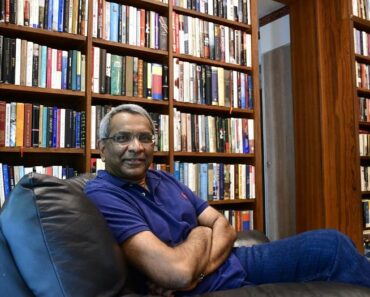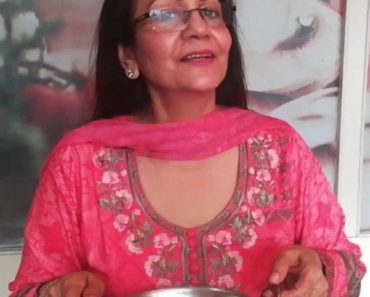Gita Mehta (1943 – 2023) was an Indian American writer, journalist, and filmmaker. She was the writer of five popular books including Karma Cola (1979), A River Sutra (1993), and Eternal Ganesha (2006) which were translated into 21 languages. Her work primarily addressed Indian issues to help Western audiences better understand the country, with a focus on war and conflict, including the 1971 Bangladesh Liberation War. She was the sister of the 14th chief minister of Odisha, Naveen Patnaik.
Contents
Wiki/Biography
Gita Mehta was born in 1943 (age 80 years; at the time of death) in Delhi, British India. She completed her school education at a boarding school in India. [1]Random House After completing her school education, she went to Girton College at the University of Cambridge in England to pursue further education. [2]Good Reads During a media interview, Mehta once shared that she was sent to boarding school at age three while her father was detained by the British and her mother worked to secure his release. She said,
I was sent off to boarding school at the age of three, because my mother was racing around trying to get my father out of jail.”
Physical Appearance
Hair Colour: Black
Eye Colour: Black
Family
Gita Mehta belonged to an Odia family. [3]Good Reads
Parents & Siblings
Her father, Bijayananda Patnaik, was a politician, aviator, and businessman.
Her mother, Gyan Patnaik, was an Indian commercial pilot.
Her younger brother, Naveen Patnaik, is the 14th chief minister of Odisha.
Her elder brother, Prem Patnaik, is a popular Indian businessman.
Husband & Children
Gita Mehta got married to Ajai Singh Mehta aka Sonny Mehta in December 1965. Soon after their marriage, they shifted to New York. In 1987, they moved to London. Ajai Singh Mehta was the editor-in-chief of Alfred A. Knopf and chairman of the Knopf Doubleday Publishing Group.
Sonny Menta died in 2019. The couple has a son named Aditya Singh Mehta.
Relationships/Affairs
Gita met Sonny Mehta when she was studying at Cambridge University. She was in a relationship with Sonny before marrying him in 1965.
Other Relatives
Her father-in-law, Amrik Singh Mehta, was an officer in the Royal Indian Air Force and was one of the first Indian diplomats after India’s independence.
Career
Gita Mehta directed and produced numerous documentaries for British, European, and American channels. She also served as a reporter for the US television network, NBC, from 1970 to 1971.
In 1972, Gita Mehta released a documentary film “Dateline Bangladesh,” which focused on the Bangladesh war. This film was released in theatres across India and other countries.
Literary Works
Her literary works, both fiction and non-fiction, primarily focused on India’s culture and history, with a particular emphasis on how Westerners perceive it. Her first book, “Karma Cola” (1979), criticized Westerners who sought instant spiritual enlightenment by meeting Indian gurus.
Her fictional book “Raj” (1989) tells the story of Jaya Singh, a princess who was the daughter and wife of Indian kings who ruled two independent kingdoms in India. In 1993, Gita Mehta published her second fictional book titled “A River Sutra,” which aimed to introduce Indian life to Western readers through a collection of short stories. The book artfully blended Indian mythology with tales of love, centring around a government worker who discovers important life lessons by visiting six Indian pilgrimage sites situated along the banks of the country’s most sacred river.
Four years later, Gita Mehta released “Snakes and Ladders,” a collection of essays about life in India. She chose to publish the book on India’s 50th Independence Day to commemorate the occasion.
Controversies
Refused to Accept the Padma Shri Award
In 2019, Gita Mehta declined the Padma Shri award, which was offered to her by the Narendra Modi Government. She shared her reasons for declining the award just before the 2019 general elections in a media interview. [4]India Today Gita Mehta said,
I am deeply honoured that the government of India should think we worthy of a Padma Shri but with great regret I feel I must decline as there is a general election looming and the timing of the award may be misconstrued, causing embarrassment both to the government and myself, which I would much regret.”
Awards
Gita Mehta was the recipient of the Lifetime Achievement Award for publishing books in India, the UK, and the United States.
Death
On 16 September 2023, Gita Mehta died at her house in New Delhi due to old age ailments. [5]India Today
Facts/Trivia
- Her books have been translated into 21 languages and have made it to the bestseller lists in Europe, the United States, and India.
- During a media conversation, Mehta once expressed her desire to make modern India more accessible to Western readers and new generations of Indians through her books. She said,
I wanted to make modern India accessible to Westerners and to a whole generation of Indians who have no idea what happened 25 years before they were born.”
- Gita Mehta liked drinking alcoholic beverages occasionally.
References
| ↑1 | Random House |
|---|---|
| ↑2, ↑3 | Good Reads |
| ↑4 | India Today |
| ↑5 | India Today |

